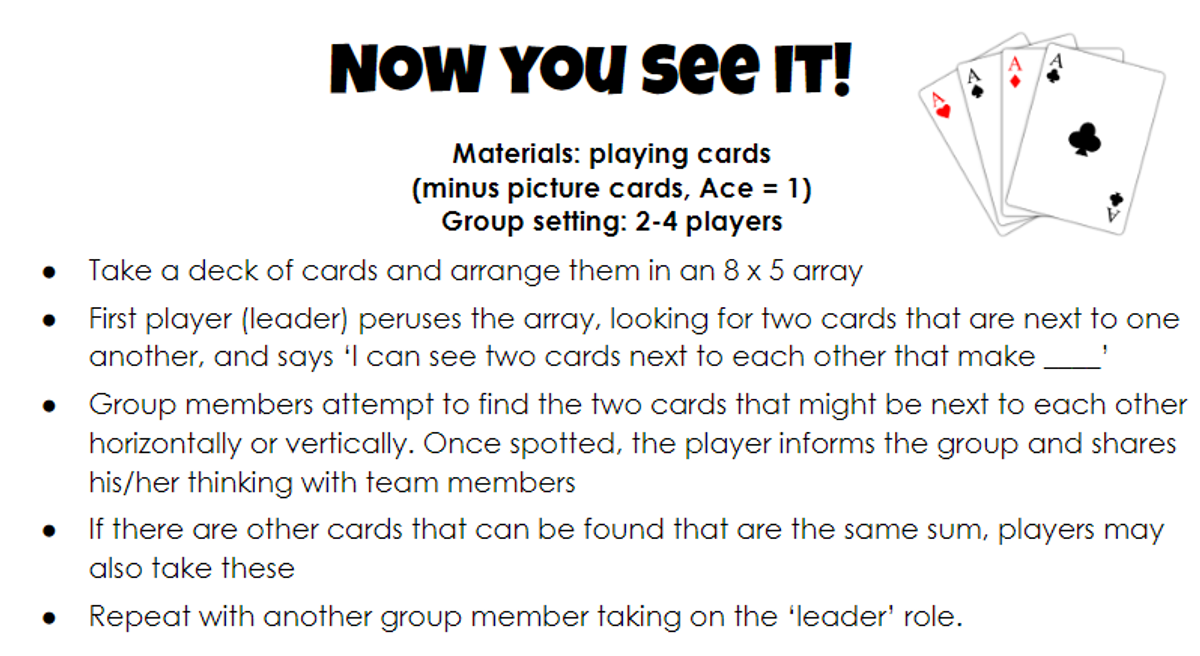Mathematics

Helping your children with Mathematics
We love maths at St James and want to spread its joy!
There are a number of general principles you might keep in mind when helping your children in mathematics. Here are some tips to consider:
- Building on success is important. Create the impression that being successful in mathematics is desirable. Reward effort and try not to criticise errors.
- People learn not so much by being told things but by working things out for themselves and linking new ideas to ideas they already have. You can help by asking your children questions, letting them work out answers for themselves, and then discussing their answers and strategies with them.
- Children need time to think and time to answer. When asking your children questions or talking to them about mathematics, give them time. Be patient. Wait for them to respond.
- Encourage children to talk. Talking about mathematics is an effective way of learning, and the family is one of the best places to talk, especially when a mathematical situation arises naturally.
- Use mathematical words when you describe things. For example, instead of saying “the big red bucket,” you might say “the 10-litre bucket”. Instead of saying “the large packet of rice,” you might say “the 2kg packet of rice”. In this way, children get to hear quantities being stated as an everyday way of describing things.
- There is no hurry. Children develop their mathematics skills gradually, and there is no urgency about developing any particular skill. On the other hand, neither can all of the skills wait until the end of their schooling. It is necessary to work progressively on helping them to learn mathematics. In other words, start now, but there is no particular need to accelerate your child’s development.
- Talk positively about mathematics. How families and teachers view mathematics influences students' engagement and success in mathematics. Research shows that talking positively about mathematics can lead to improved enjoyment and success as a child becomes more motivated to learn.
The following are some activities that you can do with your children and relate to specific aspects of the mathematics curriculum:
ESTIMATING
Estimating is an important activity and applies to all aspects of mathematics. Whenever possible, ask your children to guess quantities. Some examples of estimating tasks that you might ask your children to do are:
- Estimate the number of jellybeans in a jar
- Estimate how many people are in a room
- Estimate how many pieces of bread are in a loaf
- Esimate the biggest house number in the street that you have just turned into
- Estimate how far it is to a particular point in the distance whilst driving
- Estimate how long it will be until you walk to a particular point
- Estimate how many steps there are from the bottom to the top when you are walking up some stairs.
On some occasions, work together to find the actual amount, distance, etc.
Rich Maths Game of the Week
Belinda Mihalicek
Mathematics Leader
bmihalicek@stjamesbrighton.catholic.edu.au

